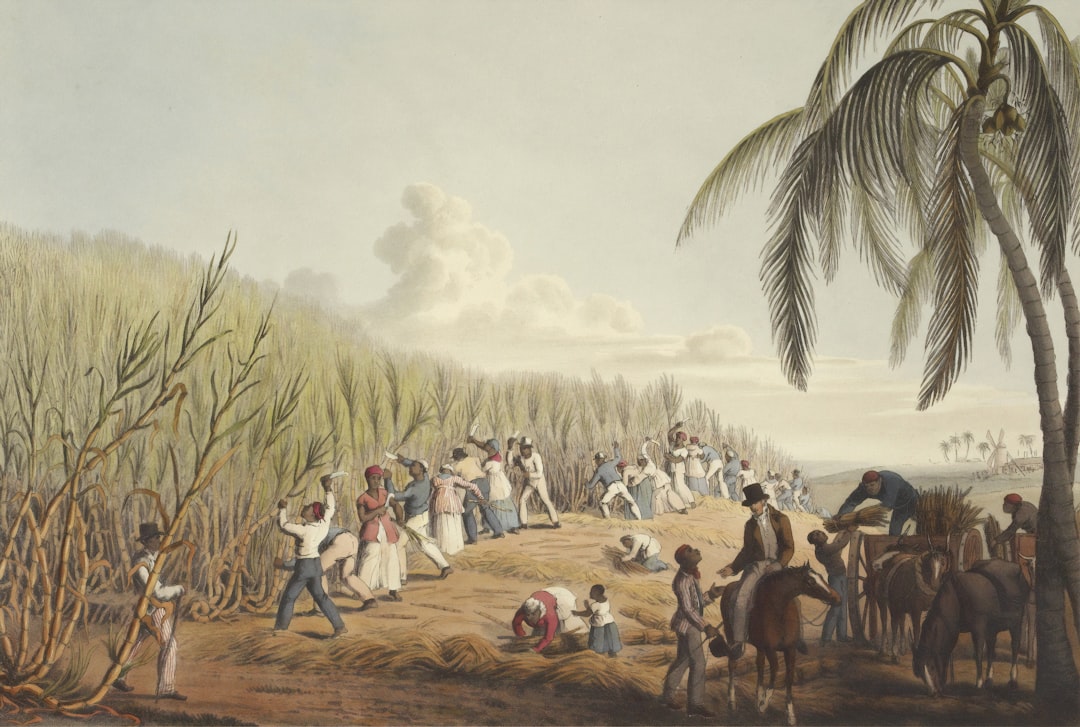What is it about?
This paper revisits the notion of ‘community’ within the field of heritage, examining the varied ways in which tensions between different groups and their aspirations arise and are mediated. Our focus is a close examination of the conceptual disjunction that exists between a range of popular, political and academic attempts to define and negotiate memory, place, identity and cultural expression. To do so, the paper places emphasis on those expressions of community that have been taken up within dominant political and academic practice. Such expressions, we argue, are embedded with restrictive assumptions concerned with nostalgia, consensus and homogeneity, all of which help to facilitate the extent to which systemic issues tied up with social justice, recognition and subordinate status are ignored or go unidentified. This, inevitably, has serious and far‐reaching consequences for community groups seeking to assert alternative understandings of heritage. Indeed, the net result has seen the virtual disappearance of dissonance and more nuanced ways of understanding heritage. Adopting an argument underpinned by Nancy Fraser's notion of a ‘politics of recognition’, this paper proposes a more critical practice of community engagement.
Featured Image
Read the Original
This page is a summary of: The recognition and misrecognition of community heritage, International Journal of Heritage Studies, January 2010, Taylor & Francis,
DOI: 10.1080/13527250903441671.
You can read the full text:
Contributors
The following have contributed to this page










